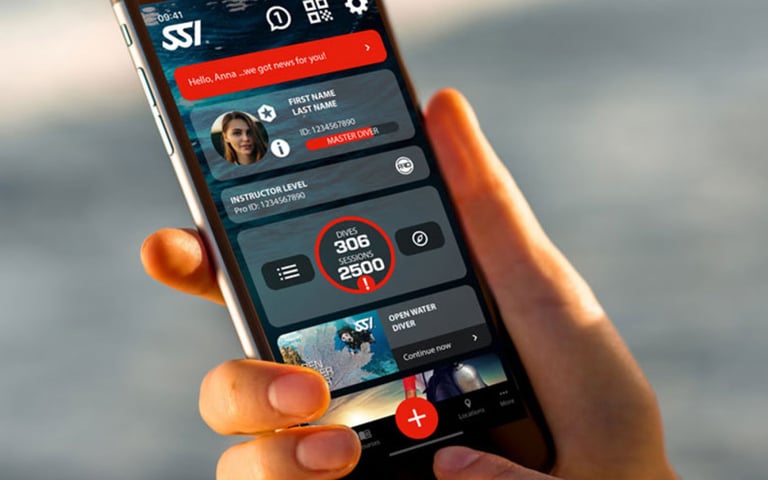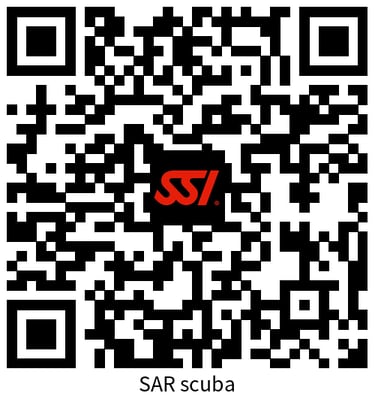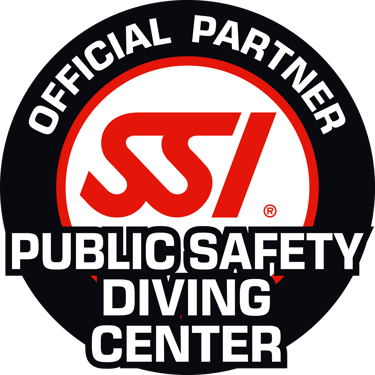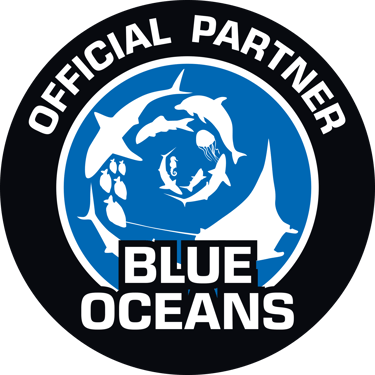Frequently Asked Questions (FAQ)
Dive. Learn. Explore. Evolve.
1. What is scuba diving?
Scuba diving is an underwater diving activity where divers use self-contained underwater breathing apparatus (SCUBA) to explore marine environments, wrecks, reefs, and more.
2. Do I need to know how to swim to try scuba diving?
Basic swimming skills and comfort in the water are recommended, especially for certification courses. However, beginner programs like Try Scuba or Discover Scuba Diving don’t require advanced swimming skills.
3. Is scuba diving safe?
Yes, scuba diving is safe when done with proper training, equipment, and adherence to safety protocols. Always dive with a certified professional and follow your training.
4. What certifications are available?
We offer certifications through SSI agencies, including:
Open Water Diver (beginner level)
Advanced Adventurer / Advanced Open Water
Rescue Diver
Specialties (Night, Wreck, Deep, Navigation, etc.)
Divemaster and Instructor levels
5. How old do you have to be to start scuba diving?
The minimum age is 10 years for Junior Open Water courses. Children 8+ can join programs like SSI Scuba Rangers or PADI Bubblemaker in pool environments.
6. Do I need to be certified to go diving?
You need certification to dive independently or go on open water dives. However, you can try scuba with no certification via a supervised beginner experience.
7. What is included in a scuba diving course?
Courses usually include:
Digital/printed theory learning
Confined water (pool) training
Open water dives
Equipment rental
A certification e-card upon completion (MySSI Apps)
8. How long does it take to get certified?
The Open Water Diver course typically takes 3–4 days, depending on your schedule and weather conditions.
9. What equipment do I need?
For most courses, we provide all necessary gear:
Mask, snorkel, fins
BCD (Buoyancy Control Device)
Regulator
Dive computer or gauges
Tank and weights
10. Can I dive if I have a medical condition?
Some medical conditions may affect your ability to dive. You must complete a medical questionnaire, and a doctor's clearance may be required.
11. How deep can I dive?
Open Water Divers: up to 18 meters (60 feet)
Advanced/Deep Diver: up to 30–40 meters (100–130 feet)
Technical divers: deeper, with special training
12. Can I wear glasses or contact lenses while diving?
You cannot wear regular glasses, but prescription masks are available. Contact lenses are generally safe to use underwater.
13. What’s the difference between snorkeling and scuba diving?
Snorkeling involves floating on the surface with a mask and snorkel. Scuba diving allows you to explore deeper underwater, using air tanks and gear.
14. Is scuba diving environmentally friendly?
Yes, if divers follow eco-friendly practices. We promote reef-safe products, no-touch policies, and marine conservation efforts like ghost net removals and clean-up dives.
15. What should I bring for a dive trip?
Swimwear and a towel
Certification card & logbook
Sunscreen (reef-safe)
Personal items like seasickness medication, if needed
16. How can I book a dive or course?
You can book online or call us directly. Pre-booking is recommended during weekends or holidays.
Check out the MySSI app
The newly updated MySSI app is the strongest, most comprehensive tool for divers today. This impressive, FREE application is a one-stop-shop for dive enthusiasts, where you can find everything related to scuba, freediving, extended range, and mermaiding. Access your digital logbook anywhere in the world with advanced logging features, connect with your buddies, search for SSI Training Centers worldwide, see upcoming events in your area, and so much more!
Expert scuba training and safety diving services.
Contact us
Ask Dive Pro
hello@sarscuba.com
© 2006. All rights reserved. SAR Equipment & Training (001646375-A)
Frequently Ask Question (FAQ)
SAR SCUBA Official









